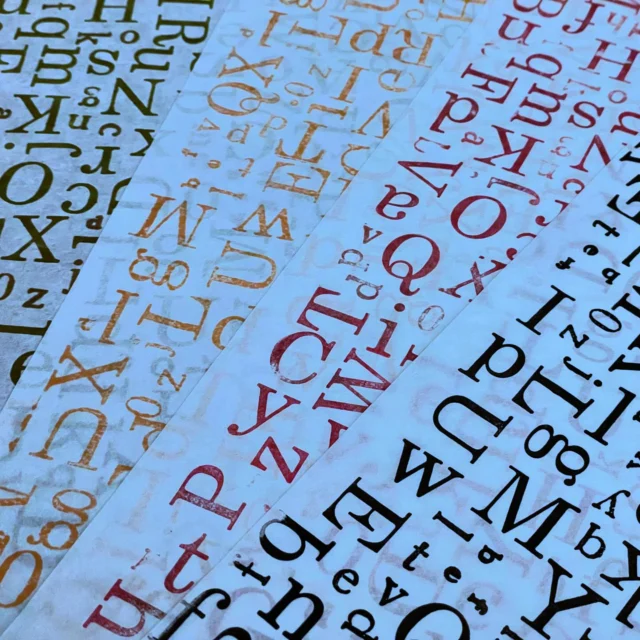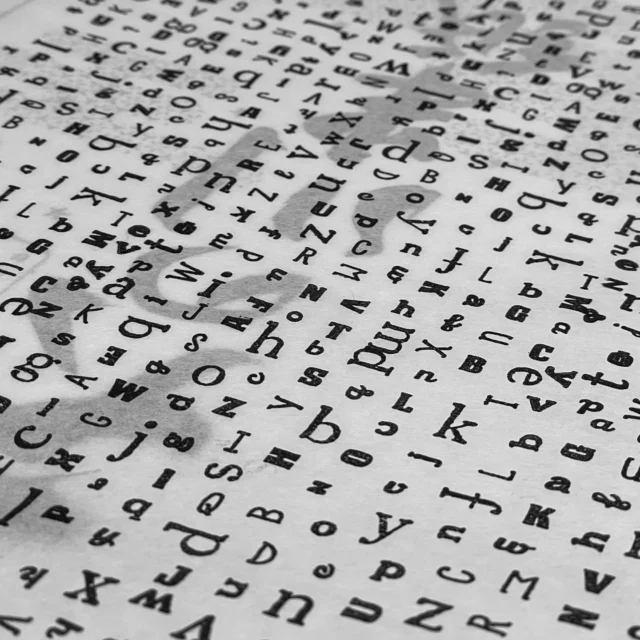
I picked up a couple of copies of the Southern Cross paper at church a while ago, they looked to have articles that I was interested in – blogging, Intelligent Design and Heroes. True to my style they have been sitting on my desk at home while other papers got stacked on top of them. My aim for this Good Friday was to at least clear my desk, if not do dishes and type up some lecture notes as well. I very rarely get all the things I want to done but I have cleared my desk. That involved reading the aforementioned articles so that I could throw the papers away.
The article about Intelligent Design made some interesting points but it in no way did it advocate Intelligent Design as a viable alternate to evolution. It’s just not a scientific theory.
The points that I appreciated were:
[when I was younger] I was unaware that in discussing this subject, one should distinguish between microevolution (change and adaptation within main classes of living things) and macroevolution (all living things having developed from a limited number of earlier, simpler organisms by ‘natural' and explainable mechanisms, involving millions of years of tiny and gradual changes).
I often make this point (without the succinct words micro and macroevolution) when I’m talking to people about evolution because I think that microevolution is obvious, you can observe it within a lifetime or two, and the fact that microevolution is possible make macroevolution possible, but it’s not necessarily what happened.
Microbiology has now shown that the simplest living cell which we can imagine, and capable of reproducing itself, is far from simple. Its complexity is (and would have to be) such, that its accidental appearance would involve statistics of astonishing unlikelihood.
I’ve never thought about it quite like that but it’s a valid and interesting point. However the first advocators of evolution, while they did not grasp the complexity of the smallest creatures, they probably recognised the unlikelihood of life being created and sustained at all, that the universe started with some swirling dust compressing and exploding and has come to a point where life is sustained is astronomical. So I don’t think it really tracks when the author’s next statement is “The inference from this situation is that here is clear evidence that living cells have been designed by an intelligent agent. Hence the term, ‘Intelligent Design'.”
So am I an Intelligent Design convert? Not even close. Do I believe that there was an intelligent designer? Absolutely. I think to look around at the complexity and beauty of creation and praise God, who has revealed himself through creation and through prophets, is a perfectly valid response. Just because I don’t think that Intelligent Design has a place in a science classroom doesn’t mean I don’t think that what is taught about evolution doesn’t need to be completely reworked. Some things that are taught are just silly and the old way of teaching evolution in high school is wrong. They tend to say “This is what happened… this is how it happened… look an Archaeopteryx!” Have the guts to say “We can’t know for certain, we weren’t there.”
The other article about Heroes was alright. Although I disagree with something that the author said,
The implication is that this force of nature that is changing the people of our world is unstoppable, regardless of the consequences to governments, the status quo or belief systems. You might just as well decide to halt the turning of the earth itself. Change is as inexorable as the progress of a glacier.
And therein lies what is probably one of the major fault lines between programs like this one and the Christian world view. At its most basic level, the Christian faith maintains the universe rests on fundamentals that will not change. The nature of God, right and wrong, humanity's inherent evil, the appointment of Jesus as our Saviour, the progress of all history toward a final judgement day — these are all fixed. However the evolutionist demands that all things are in a constant state of flux.
I don’t think that changing things physically necessarily means a change in the essence of things. I’m no expert, but I got the impression that even our Homonid ancestors had urges that we have and consider sinful – jealousy, rage, murder… Where is it written that just because we change physically, to the point of gaining abilities that are considered extraordinary, those other things will go away?
Another difference between ‘old school' heroes and Seven's Heroes is the tendency to make self-awareness rather than service the ultimate goal.
Well, I can’t really disagree with this one, it was an observation that I didn’t make. Admittedly, they’re pretty concerned with saving New York from a nuclear explosion and they have saved lives around the place. I suppose it is a rather prevalent attitude in society that one should find out who they are and what makes them happy, other people’s happiness often comes in second best.









Personally, I think that believing that humans ultimately resulted from wet rocks, random mutations and that we are cousins with tree frogs and tomatoes, takes much more faith than accepting that there was a Creator.
Indeed, that’s a salient thought. I think many people have their real problem in believing that there’s a creator who has that kind of power but lets suffering continue. They think it’s more likely that we happened by chance than a god who doesn’t do anything.